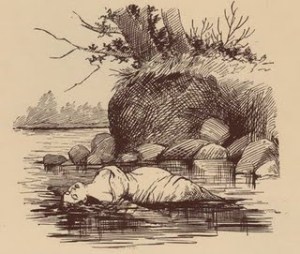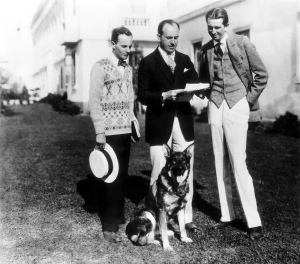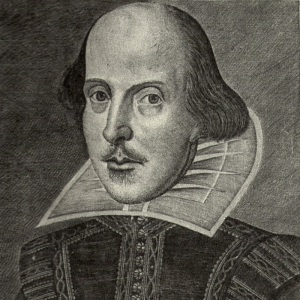The Searchers on page and screen
 During this year's Key West Literary Seminar, Percival Everett, who teaches a course on Western movies, described The Searchers as a movie that both "admits to American racism and practices it." I had noticed a recent nonfiction book about the film, and the true story behind it, published last year. Everett's mention, plus the knowledge that we had the movie in the Monroe County Library collection, was enough for me to get hold of both.
The Searchers by Glenn Frankel is an excellent nonfiction book, one of those books that uses a focused lens to examine an important slice of American history. It starts with the story of Cynthia Ann Parker, the real girl whose family was killed in a Comanche raid in Texas. She was kidnapped and, essentially, became Comanche, bearing three children. Some 25 years later, she was recaptured, along with her young daughter, by Americans in a raid on a Comanche camp -- an experience that appears to have been just as traumatic for her as the original kidnapping. She and the young daughter died a few years later. She never saw her teenage sons again.
During this year's Key West Literary Seminar, Percival Everett, who teaches a course on Western movies, described The Searchers as a movie that both "admits to American racism and practices it." I had noticed a recent nonfiction book about the film, and the true story behind it, published last year. Everett's mention, plus the knowledge that we had the movie in the Monroe County Library collection, was enough for me to get hold of both.
The Searchers by Glenn Frankel is an excellent nonfiction book, one of those books that uses a focused lens to examine an important slice of American history. It starts with the story of Cynthia Ann Parker, the real girl whose family was killed in a Comanche raid in Texas. She was kidnapped and, essentially, became Comanche, bearing three children. Some 25 years later, she was recaptured, along with her young daughter, by Americans in a raid on a Comanche camp -- an experience that appears to have been just as traumatic for her as the original kidnapping. She and the young daughter died a few years later. She never saw her teenage sons again.
One of those sons, named Quanah, grew up to be a leader of the Comanche and a peacemaker with whites. Teddy Roosevelt even had dinner at his house.
After telling Quanah's story, Frankel moves into how the Cynthia Ann Parker story reverberated through the culture -- with almost no regard to historical accuracy, naturally, and culminating with Alan Lemay's novel The Searchers. That novel, roughly, was the basis for the John Ford/John Wayne film that is the most prominent remaining reminder of the story. And what a weird film it is. I really wanted to admire it from a pure film appreciator point of view. But perhaps because I had just read the real story behind both the Cynthia Ann Parker life and the making of the movie, I just couldn't buy into it. All the side stories, like the nephew's romance with Laurie, seemed like a forced comic relief. And I've never gotten the John Wayne that so many people admire -- not his politics, particularly, but his persona. I'm glad I saw it, since it is obviously a significant piece of popular culture (the American Film Institute even includes it in its top 100 list of movies). But it didn't make sense to me, as a story. So thanks, Percival Everett. I guess.



